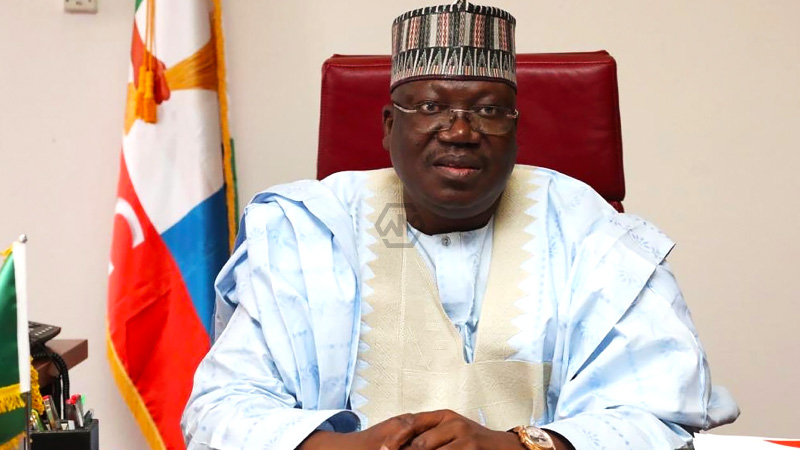Since its inception four years ago, Nigeria‘s 9th Senate, which has prioritized economic, sociopolitical, and governance changes, has been a key legislative body. The Senate adopted the motto “a Senate that works for Nigerians” and a legislative agenda outlining its short-, medium-, and long-term legislative aims.
The agenda’s overarching philosophical outlook emphasized a comprehensive strategy for governance, sociopolitical, and economic reforms as opposed to fragmented or haphazard initiatives. Over 1,129 Bills have been introduced on the Senate floor as of June 10th, 2023, and over 500 of them had been passed.
Farewell Address
Critical laws that could reform and advance the economy, increase public trust in the political process, and improve openness in governmental operations were introduced by the 9th Senate and successfully passed. These laws cover eleven of the Legislative Agenda’s major sectors, setting the groundwork for extensive changes and the revitalization of the Nigerian state.
The Nigerian budget process has advanced significantly under the 9th Assembly, with fewer delays and quicker passage of the Appropriation law. As a result, Nigeria has resumed its 12-year absence from the January–December budget cycle. 11 pieces of legislation was revised in 2023 to reflect the Finance Act’s provisions, and the Appropriation Bill was created by its financial guidelines.
- Agenda emphasizes comprehensive governance, sociopolitical, and economic reforms, with 1,129 bills introduced.
- Nigeria’s 9th Assembly improves the budget process, resuming 12-year absence, revised legislation, and Appropriation Bill.
- Nigerian Police Act 2020 focuses on efficient, accountable, open, and human rights protection.
The necessity of security in maintaining stability and progress was acknowledged by the 9th Assembly. The Assembly established an ad hoc committee to interact with security agencies during the past four years, and it also created a white paper on restructuring, reviewing, and reorganizing the security architecture.
The Nigerian Police Force’s activities under the Police Act 2020 underwent significant modifications, with a focus on efficient policing, accountability, openness, and protection of freedom and human rights.
The Legislative Centre for Security Analysis has also been given a mandate by the 9th Senate to keep an eye on armed conflicts and other types of criminal activity around the nation. The legislature’s crucial roles include balancing the Executive’s authority, ensuring that public expenditure is efficient, and fostering accountability and openness in the use of allocated funds.
The 9th Senate has made 371 trips to various ministries, departments, projects, and agencies across the nation. It has also held several hearings to look into various issues, received 705 petitions, and confirmed 241 appointments. The President thanks his supporters, party, the All-Progressives Congress, and his family for their steadfast help.
The President commends Sen. Ibrahim Hassan Hadejia, who will be the next Chief of Staff to the President, H.E. Bola Ahmed Tinubu, GCFR, Rt. Hon. Femi Gbajabiamila, Speaker of the House of Representatives, and all of them for their commitment and hard work. It is also recognized for its contributions because the legislative bureaucracy is run by the Clerk of the National Assembly, together with all of his predecessors and administrative staff.
The President challenges those coming back to build on the framework put in place by the Tenth Senate and wishes those senators who are departing the Senate success in their future endeavors and service to Nigeria.



